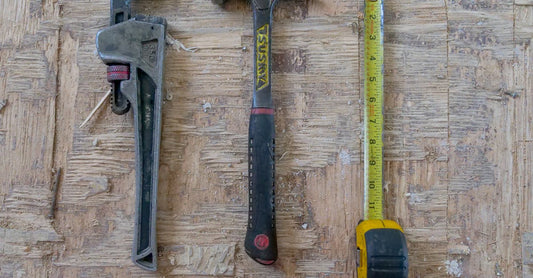kāv in
noun
The sudden collapse of ground, a wall, or other structure
Example usage: We had to evacuate the site due to a cave-in.
Most used in: Construction sites around the world.
Most used by: Construction workers and tradespeople.
Popularity: 8/10
Comedy Value: 2/10
Also see: 1 Sinkhole, 2 Subsidence, 3 Collapse, 4 Settlement,
What is a Cave-in in Electrician Construction?
A cave-in is a type of accident that can occur in electrician construction. It occurs when a trench or other excavation collapses and traps workers inside. This can be extremely dangerous and potentially fatal. According to the Occupational Safety and Health Administration (OSHA), cave-ins are one of the leading causes of death in construction-related accidents.
Cave-ins are a particular hazard for electrician construction due to the presence of electrical wiring and other components in trenches. Even shallow trenches can be dangerous if they are unstable, and the presence of electricity makes the situation even more hazardous. It is essential for electricians to take extra precautions when working in trenches.
When working in trenches, electricians should always be aware of potential hazards such as unstable soil and water seepage. It is also important to use the correct protective equipment, such as hard hats, protective eyewear, and steel-toed boots. It is also important to inspect the trench prior to beginning work to ensure that it is safe and stable.
Cave-ins can be prevented by following safety protocols and being aware of potential hazards. If a cave-in does occur, workers should be trained on how to rescue people who have been trapped. It is also important to ensure that the area is cordoned off and that no one enters the area until it has been deemed safe.
.The Origins of the Term 'Cave-in' in Electrical Construction
The term 'cave-in' was first used in the early 19th century in the United States, specifically in the mining industry. It was used to describe a collapse or inrush of material in a mine or tunnel that caused temporary or permanent blockage of the passage.
By the early 20th century, the term 'cave-in' had become a popular phrase used by electricians and other construction workers to describe a similar phenomenon, in which a trench or hole dug for the purpose of laying electrical wiring or other materials suddenly collapses, blocking the passage and potentially trapping workers in the process.
The term 'cave-in' is still used today as a cautionary phrase to describe the sudden collapse of a trench or hole, and is a reminder to workers of the importance of taking proper safety precautions when working in and around trenches and holes in the ground.




